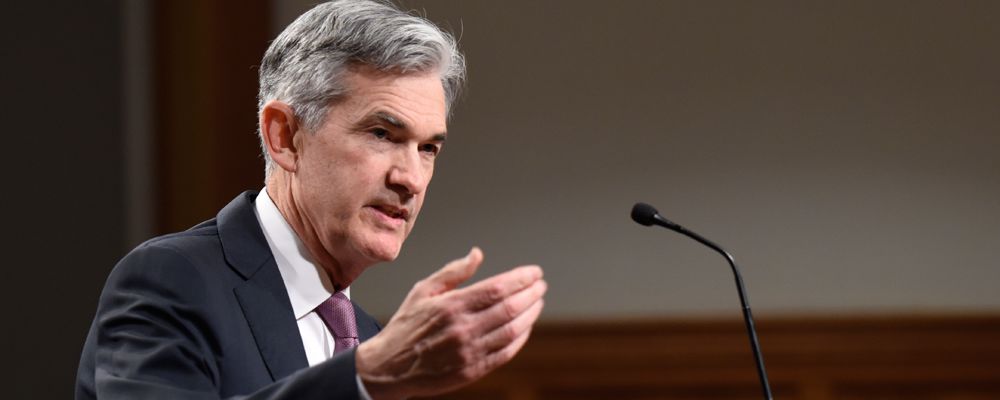The US authorities can deal with further losses of regional banks.
- Saturday, May 27, 2023
 When central banks raise interest rates then something comes under pressure. Businesses take time to adjust to rate rises and if they are rapid as we have seen over the past 12 months the more likely it is that something will go wrong. This has been evidenced in the US and European banking sector. We are now seeing the effects of the Feds aggressive inflation beating rate rises that started a year ago. After long periods of ultra-low interest rates and loose monetary policy, a sharp rise in interest rates has exposed weakness in business models that are no longer profitable when financing costs are higher.
When central banks raise interest rates then something comes under pressure. Businesses take time to adjust to rate rises and if they are rapid as we have seen over the past 12 months the more likely it is that something will go wrong. This has been evidenced in the US and European banking sector. We are now seeing the effects of the Feds aggressive inflation beating rate rises that started a year ago. After long periods of ultra-low interest rates and loose monetary policy, a sharp rise in interest rates has exposed weakness in business models that are no longer profitable when financing costs are higher.
Silicon Valley Bank was involved in tech sector lending to start ups and venture capital. Signature Bank was connected to crypto currency lending. First Republic was the victim of a run on its deposits and share price.
Credit Suisse was forced into a fire sale take over by UBS due to its largest shareholder, Saudi National Bank not wishing to raise its holdings, that 110bn Swiss Francs left the bank just in Q4 2022 alone and auditors PWC included an adverse opinion in their audit.
These four banking failures look to have been well controlled by the banking authorities and institutions, but we cannot rule out further pinch points if interest rates remain high. These are the unwanted and undesirable consequences of rapid rate rises which may now lead to more cautious lending criteria and more cautious tightening policy going forward.
For the present it is likely that the US authorities can deal with a limited loss of further regional banks and the economy avoid the combination of high inflation and rising unemployment. The modern threat is that any lack of confidence in a bank can quickly turn a liquidity problem into a solvency problem.
The broader reality of bank failures, elevated volatility in banking stock, the rising cost of capital and on-going threat of deposit flight from more fragile small US banks raises the issue of significant tightening of credit conditions particularly in the USA and therefore the risk of an earlier recession.
We expect that the recent banking failures will lead to further tightening in credit and financial conditions as banks become more conservative in lending. This is likely to have the same impact as a 0.5% -1% rate rise.
It is unlikely that the Fed can return the US economy to an inflation target of 2% without creating a recession in late 2023 or early 2024.

Chris Davies
Chartered Financial AdviserChris is a Chartered Independent Financial Adviser and leads the investment team.
About Estate Capital
Financial Services
Our Contacts
7 Uplands Crescent,
Swansea, South Wales,
SA2 0PA.
Tel: 01792 477763
